TESTIMONIALS
What others are saying
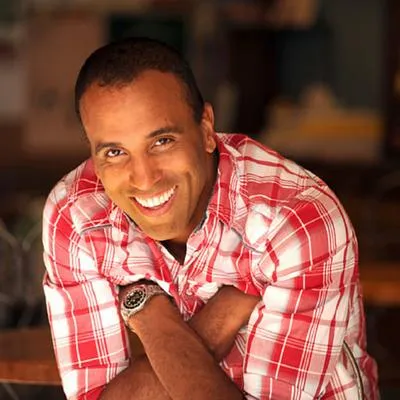
“Soup to nuts, that’s exactly what I wanted and it’s exactly what I got. Writing a book is hard enough, but then having to figure out the online world of distribution, it was way more than I wanted to deal with. I just wanted my book in as many places as possible and I didn’t want to do the work.
Enter Eric. He took the entire process of getting my book (audio, Kindle and Hardcover), accepted, and launched on Amazon, Barnes and Noble and a slew of other places. He took the lead in getting the printing contract set up. Eric’s expertise and time saved me countless hours or research, unnecessary rookie mistakes and allowed me and my team to focus the marketing.
If you’re a self-publisher, this is the only way to go. Don’t do it yourself and don’t pay exorbitant fees to the big established firms. It’s not worth it. Eric is only way to go. I will be using him for my next book as well.“
— Keenan, CEO/President of A Sales Guy, author of Gap Selling,

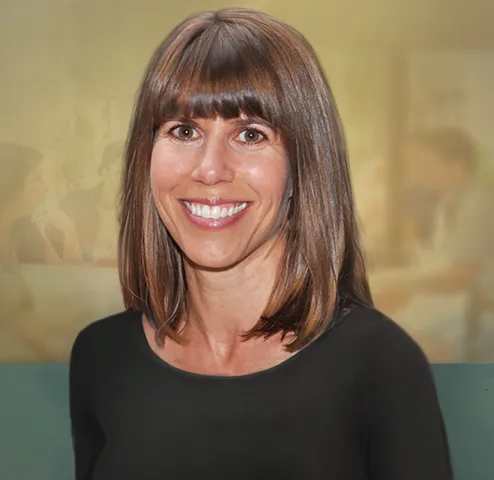
“Eric Van Der Hope knows his stuff! In addition to being highly knowledgeable about self-publishing and Amazon, he is fast, responsive, and reliable. Venerable Bhante Sujatha and I greatly appreciated Eric’s enthusiastic support and efficiency while helping us launch our book, Sitting on the Toolbox: Buddha’s Wisdom for a Joyful Life. Eric has high standards, and he delivers. Thank you, Eric.“
— Stacey Stern, Connector of Dots and People, Stacey Stern Consulting

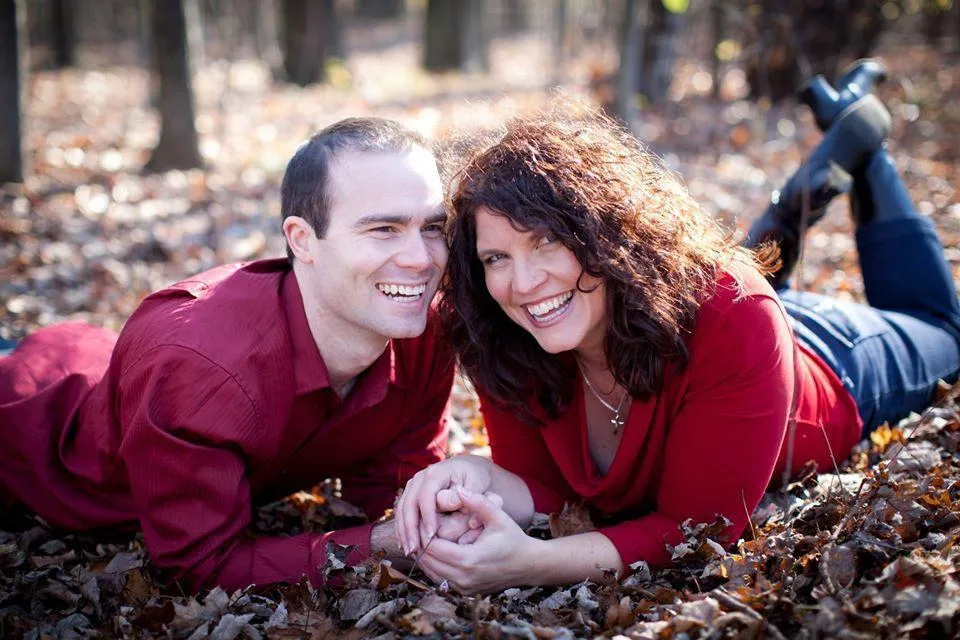
“Thank you so much for your help with our book project. We are both very happy with everything you have done from beginning to end with my wife’s book “To Love and Be Cherished”. You made it a seamless process and transition with Amazon Advantage, Author Central and Createspace. You were and still are very responsive to any questions we have along the way and obviously very passionate about what you do.“
— Eric & Kirsten Vogel, author of To Love and Be Cherished


“Eric is extremely helpful with the publication process. He is knowledge and understands how to navigate the self publication process. Most importantly, he is very easy to work with, patient, and very responsive. I highly recommend Eric.“
— Tish Taylor, PhD. author of Parenting ADHD with Wisdom & Grace

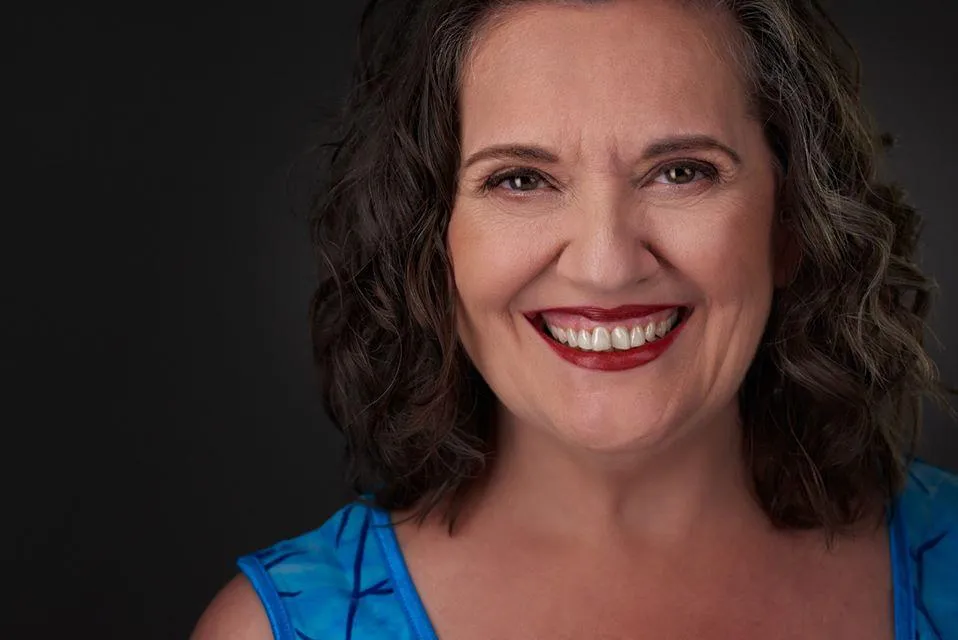
I really want to take a moment, however, to thank a fellow member of SPS without whom I could never have got my book published and launched.
Eric Van Der Hope is completely amazing! I cannot over emphasize how much he helped me. His knowledge, expertise and ability to answer any and all questions (no matter how many times I asked) is completely unparalleled. And believe me when I say I had an endless number of questions that I asked.
He is both totally professional and yet endlessly patient and personable. His immediate replies to my emails and his willingness to jump on a call with me at a moment’s notice made me feel like I was his only concern. He completely took over the process of publishing, freeing me up to concentrate on putting my launch team together and the final touches on my book trailer. He consistently delivered what he said he would, in his initial contract, and then some!!
I have never felt more confident in referring someone for anything. If you are not really inclined to want to learn how to actually publish your book; or want to simply free yourself up to concentrate on just writing your book, do yourself a favour and GET IN TOUCH WITH ERIC!!!
I look forward to working with him for all my future publishing needs. Thanks again Eric“
— Janet Ferrando, author of The INNER Selfie

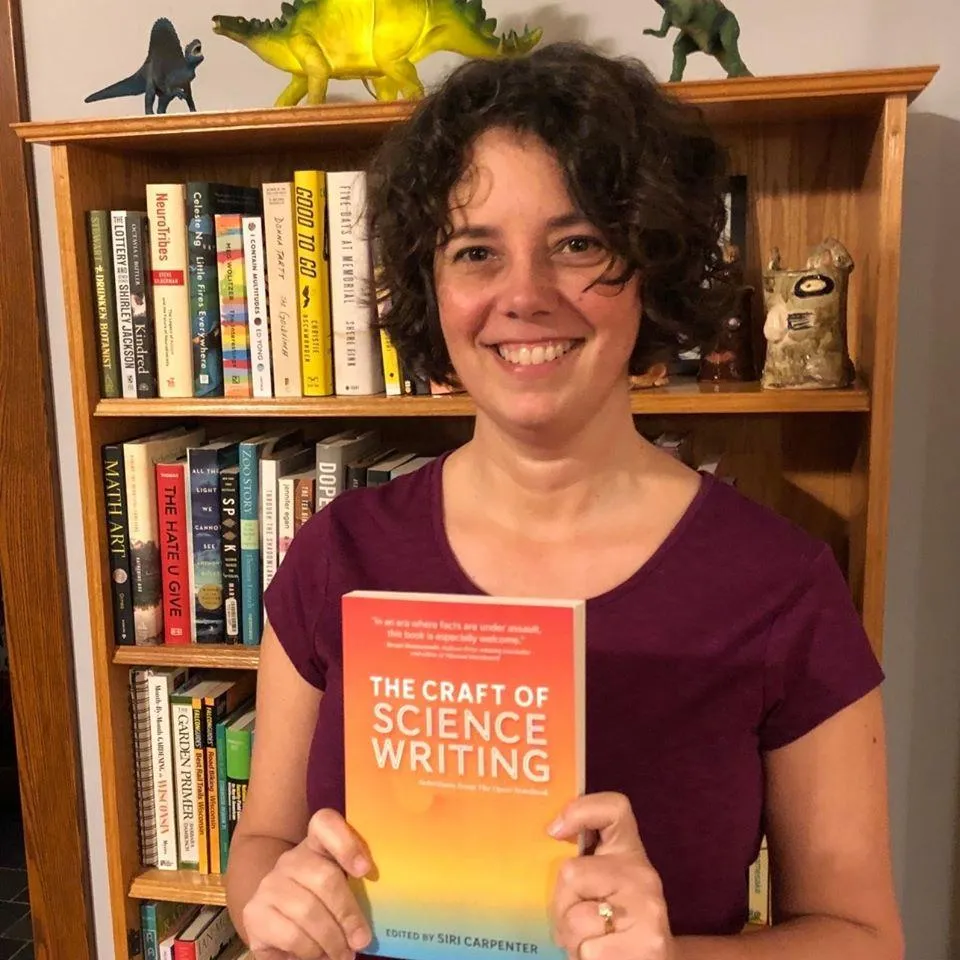
“I could not be more pleased with my decision to hire Eric to coordinate the logistics of publishing my nonprofit organization’s book. He is extremely knowledgeable, quick, responsive, and communicative about his process, and he flawlessly executed the process from beginning to end. He always provided clear, detailed, step-by-step instructions about what steps I needed to take to set up accounts, approve proofs, and, finally, take over management of those accounts after my book was published.
He also graciously made himself available—on a weekend, no less—to troubleshoot a system-wide glitch in one platform’s approval and printing system, speaking repeatedly with company representatives to learn what the problem was and urge them to resolve the problem swiftly.
I feel very satisfied with the level of help I’ve gotten from Eric and would recommend his services to any independent publisher.
I can’t thank you enough for all you’ve done to help make my book a reality. I’ve learned a tremendous amount during this book-publishing journey, and one of the most important things I’ve learned is to hire people who are better than I am at certain critical tasks. You are very much a prime example of that!“
— Siri Carpenter, editor The Craft of Science Writing


Popular Myths in Indie Publishing
Myth #1: Self publishing is for authors who can't get traditionally published
That statement is inaccurate because it’s based on an outdated (and frankly dismissive) stereotype of self publishing. Here's why:
1. Choice, Not Rejection
- Many authors choose self-publishing even if they could get a traditional deal. They want full creative control, the ability to set their own timelines, and higher royalty rates (often 60–70% vs. 5–15% in traditional publishing).
- Successful entrepreneurs, coaches, and thought leaders often don't even approach publishers—they go straight to self publishing because their primary goal is building a business, not waiting years for a book deal.
2. Market Dynamics Have Changed
- Traditional publishing no longer guarantees bookstore placement, marketing support, or big advances. Most authors are still expected to bring their own audience and do their own promotion.
- With platforms like Amazon KDP, Ingram Spark, and others, self published authors can distribute their books globally, often faster and more efficiently than a traditional publisher could.
3. Proven Success Stories
- Thousands of self-published authors earn six- and seven-figure incomes from their books and related businesses. Some even get picked up by traditional publishers later because of their success (e.g., Andy Weir with The Martian).
- Others—like business leaders and niche experts—use self publishing as a strategic marketing tool, not as a fallback.
4. Different Goals = Different Paths
- Traditional publishing prioritizes mass-market appeal and often requires compromise.
- Self publishing allows authors to publish books for specific niches, communities, or business ecosystems where traditional publishers may not see profit potential—but where the author can still thrive.
5. The Stigma is Fading
- Ten or fifteen years ago, self-publishing was associated with "vanity presses" and poor quality. Today, professional editors, designers, and marketers are accessible to indie authors, making self published books indistinguishable from traditionally published books—except the author retains the rights and profits.
👉 In short: Self publishing is not about "not being good enough" for traditional publishing. It's about empowerment, ownership, and strategy.
Myth #2: Traditional publishing does your marketing
This is one of the biggest myths about publishing. Here’s why:
1. Publishers Rarely Market Most Books
- Unless you’re a celebrity, bestselling author, or someone with a massive following, publishers invest very little in marketing.
- The bulk of their budget goes to a handful of "lead titles" each season. Everyone else gets a listing in the catalog, maybe a press release, and that's it.
2. Authors Are Still Expected to Bring an Audience
- Today, publishers expect you to already have a platform (email list, social media following, speaking engagements, etc.).
- When you pitch a book, the publisher looks closely at your ability to market yourself—sometimes more than at the manuscript.
3. Marketing Window is Extremely Short
- Even if you get some marketing support, it usually lasts only a few weeks around launch. After that, the publisher moves on to the next wave of releases.
- If you want your book to sell long-term, you're the one keeping it alive, not the publisher.
4. Control is Limited
- Publishers decide on pricing, positioning, cover, and distribution. You can't run special promotions, giveaways, or long-tail campaigns easily.
- This makes it hard to market creatively, even if you want to.
5. Successful Authors Drive Their Own Marketing
- The most successful traditionally published authors don't rely solely on their publisher. They invest in book tours, ads, podcasts, speaking, PR firms, and funnels themselves.
- In other words, even in traditional publishing, the author's hustle makes the biggest difference.
✅ Bottom line: Traditional publishers don't "do your marketing." They may provide a small push at launch, but long-term sales and audience growth are your responsibility—which is exactly why so many authors are choosing self publishing, where at least they have control over both the strategy and the profits.
Myth #3: Self published books can't be high quality
This one goes right to the heart of a lingering stigma about indie publishing. This myth is inaccurate for several reasons:
1. Professional Resources Are Accessible
- Self published authors today can hire the same professional editors, designers, and proofreaders that traditional publishers use.
- Freelance publishing professionals often work for both Big 5 publishers and indie authors. Quality is about investment, not the publishing path.
2. Technology Levels the Playing Field
- Platforms like Amazon KDP, Ingram Spark, and Draft2Digital allow indie authors to print and distribute books with bookstore-grade paper, covers, and binding.
- eBooks and audiobooks can be produced to industry standards indistinguishable from traditionally published works.
3. Indie Authors Often Outperform
- Many bestselling indie authors produce books that rival (or exceed) traditional quality because they're investing directly in their brand.
- Authors like Colleen Hoover (It Ends With Us started self published), Hugh Howey (Wool), and Andy Weir (The Martian) all began as indies and delivered books so strong they crossed into the mainstream.
4. Quality is in the Author’s Control
- Traditional publishing doesn't guarantee quality either—plenty of traditionally published books suffer from weak editing or rushed production.
- The key difference: indie authors control the process. Those who take it seriously can ensure their books are polished, professional, and competitive.
5. Stigma is Outdated
- The old association of self publishing with "vanity presses" and poor quality no longer applies.
- Today's successful self published books can look, feel, and read just as well as any traditionally published book—sometimes even better, because the author is invested in every detail.
✅ Bottom line: Self published books can be every bit as high quality as traditionally published ones. The difference comes down to the author's commitment to professionalism, not the publishing model.
Myth #4: You can't get a self published book into bookstores
This myth is inaccurate because:
1. Distribution Makes It Possible
- Self publishing platforms like Ingram Spark and Amazon KDP (Expanded Distribution) make books available through Ingram Content Group, the largest book wholesaler in the world.
- Bookstores (both independent shops and chains like Barnes & Noble) order inventory from Ingram every day. If your book is listed there, it's available to them just like a traditionally published title.
2. Bookstores Care About Terms, Not the Path
- Bookstores don't reject books simply because they're self published. They care about standard trade terms:
i. Wholesale discount (usually 40–55%)
ii. Returnability (so they can return unsold copies)
- If you set these terms properly through Ingram Spark, your book is just as orderable as one from Penguin Random House.
3. Indie Authors Already Do It
- Thousands of indie authors have their books stocked in local and national bookstores. Many even partner with independent shops for book signings, events, and staff picks.
- Some indie books sell so well in stores they get picked up by major publishers later.
4. Hybrid Strategies Work Too
- Even if bookstores don't stock your book automatically, you can place copies on consignment (common in indie bookstores), negotiate local author programs, or use distribution services that specialize in bookstore placement.
5. Traditional ≠ Automatic Shelf Space
- Even traditionally published books don't automatically get into bookstores—especially not into chains nationwide. Placement depends on marketing budgets, relationships, and demand, not just the publishing model.
- In that sense, self published and traditionally published authors are often playing on the same field when it comes to convincing stores to stock their book.
✅ Bottom line: Self published books can absolutely get into bookstores. The key is using the right distribution channels and offering bookstores the same terms they expect from any publisher.
Myth #5: You need a huge platform to succeed
Here's a myth that discourages authors unnecessarily. This is inaccurate because:
1. Niche Beats Numbers
- Success doesn't always come from reaching everyone—it comes from reaching the right people.
- A small, targeted audience (say, 500–1,000 true fans) can generate far more sales and business opportunities than tens of thousands of disengaged followers.
2. Books Create Platforms
- Many authors start with no audience at all. The book itself becomes a platform builder, helping attract readers, grow email lists, and establish authority.
- A well-positioned book often opens doors to podcasts, speaking gigs, media interviews, and collaborations—all of which expand the platform after launch.
3. Conversions Matter More Than Size
- A "huge platform" doesn't guarantee results. What matters is the relationship with your audience.
- 1,000 engaged followers who trust you will convert better than 100,000 casual followers who don't really care.
4. Different Definitions of Success
- Success isn't always about bestseller lists. For many nonfiction authors (coaches, consultants, experts), success = clients, leads, or opportunities generated from the book.
- Even a small but aligned audience can deliver big results in business terms.
5. Proof from Self-Published Authors
- Countless indie authors have built careers without massive platforms. They start by serving a small niche, build momentum with word-of mouth and targeted marketing, and grow steadily from there.
✅ Bottom line: You don't need a huge platform to succeed. You need a focused message, the right readers, and a strategy to engage them. Big numbers are nice, but connection is what drives real success.
Myth #6: You should do everything on your own when self publishing
This is a sneaky misconception that traps a lot of first-time authors. It's inaccurate because:
1. Self Publishing Doesn't Mean Do-It-All-Yourself
- "Self-publishing" really means independently publishing—you're the publisher, which means you decide who to hire and how to manage the process.
- Successful indie authors treat it like running a business, assembling a team of professionals rather than going it alone.
2. Quality Requires Specialists
- Professional editors, cover designers, and formatters exist for a reason. They bring expertise that's hard (and time-consuming) to learn on your own.
- Readers can tell the difference between an amateur cover or poorly edited book versus a professionally produced one. Quality directly impacts sales and reputation.
3. Your Time Is Better Spent on Strengths
- Writing, audience-building, and marketing often require your personal touch.
- But trying to do layout, editing, design, or distribution logistics yourself takes time away from what only you can do—and usually leads to frustration or mistakes.
4. Collaboration = Better Results
- Indie publishing has a massive support network: freelance editors, designers, marketers, and author communities.
- Authors who collaborate often produce books that match or exceed traditional publishing standards—and sell better as a result.
5. Even Traditional Publishers Use Teams
- Traditional publishing is a team sport: acquisitions editors, developmental editors, proofreaders, designers, marketers, distributors.
- Expecting to "do it all alone" as an indie author is unrealistic—it's not how the industry works at any level.
✅ Bottom line: Self publishing doesn't mean doing everything yourself—it means you're in charge of building the right team to produce the best book possible. Going solo usually results in lower quality and burnout; collaboration produces professional results and long-term success.

I help Authors, Experts, and Coaches Self-Publish Their Books Professionally

Member of the following Associations
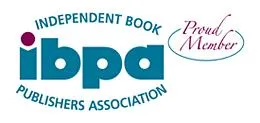
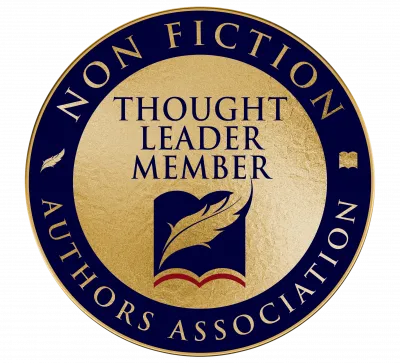
©2025 Eric V. Van Der Hope | All Rights Reserved
